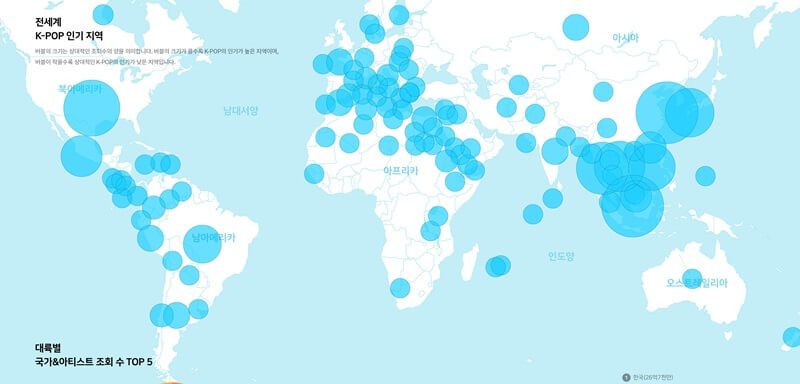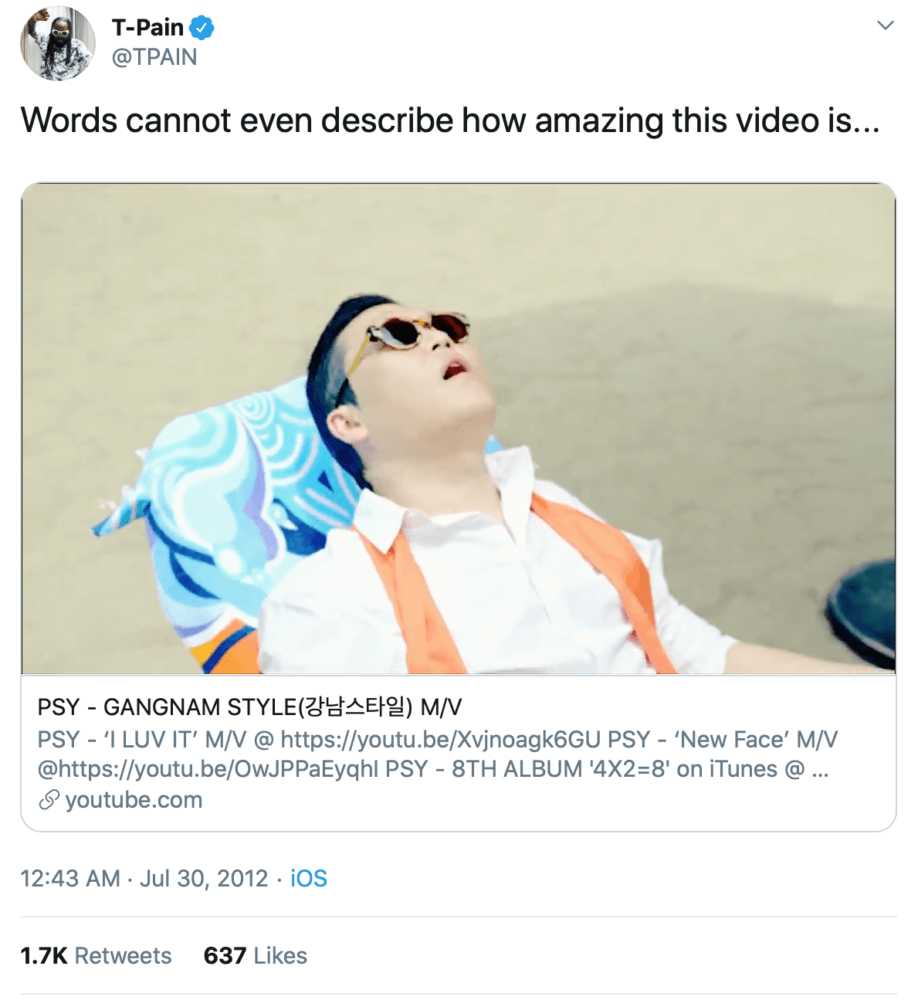It’s No Accident That We’re Obsessed with Parasite & BTS

The Korean entertainment industry has gone global, building a massive international fan base. | Source: Rich Fury/Getty Images for iHeartMedia/AFP
- South Korea has been trying to become the world’s leading exporter of popular culture.
- The country’s “soft power” in the global community is increasing at a stratospheric pace.
- The rapid development of K-culture is helping the government generate immense profits.
The South Korean entertainment industry cannot be stopped. Bands like BTS and movies like “Parasite” are capturing audiences worldwide.
Bong Joon-ho’s “Parasite” made history last Sunday, winning four Oscars. It became the first non-English language film to win the Academy Award for best picture.
That shouldn’t surprise you.
Millions of people around the globe are already obsessing over K-pop and K-dramas. But some still wonder: How did it all happen and how far could it go?
They Call It Hallyu
Also known as the Korean Wave, Hallyu refers to the increase in the global popularity of South Korean culture.

And if you aren’t living under a rock, then chances are you’ve come across the real-life cases. There are Korean dramas on Netflix, Korean skincare products on the shelves, and Korean BBQ restaurants at almost every corner.
No aspect of life is excluded: movies, graphic novels, literature, food, makeup, fashion – you name it.
BTS Would Not Exist Without This K-Pop Leader
BTS’ song played at the 2018 Winter Olympics. Blackpink performed at 2019 Coachella. EXO’s Monster video got over 312 million views on Youtube. But who was at the forefront of this success?
Psy released his hit “Gangnam Style ” in 2012. He succeeded where K-Pop had failed so many times before: going viral worldwide.
Everyone from Ellen DeGeneres to Britney Spears was learning the dance moves.
The Wall Street Journal published “5 Must-See” response videos . The American rapper T-Pain was retweeted 1,700 times when he wrote:

The song now has more than 3.5 billion views on YouTube and remains the fifth most liked video in the site’s history. It paved the way for the massive success of bands like BTS.
The Success of Parasite, Psy, and BTS Is No Accident
South Korea is one of the few countries, if not the only one, with a dedicated goal of becoming the world’s leading exporter of popular culture.
Euny Hong, an author of “The Birth of Korean Cool,” wrote:
Korea is throwing all of its weight and billions of dollars into making itself the number one exporter of pop culture in the world. The idea is that if you create the supply, the demand will follow.
In this way, South Korea is trying to expand its global appeal, aka “soft power,” worldwide. And it’s working.
In 2016, Wayne Arnold, global CEO of Lowe Profero, said:
There is not a country that has not had some influence from Korean culture, whether that’s in the form of K-pop or a Samsung phone.
Dixon Wong Heung-wah, head of the global creative industries program at the University of Hong Kong, told the South China Morning Post :
It’s the global trend to promote creative industries. Marketing and branding are what transforms creativity into cash, and that is what South Korea excels in.
The Korean Economy Is Reaping the Benefits of “Soft Power”
K-pop and K-dramas have a direct influence on consumer purchases. Michael DeSimone, CEO of e-commerce solutions company Borderfree, stated :
For example, a YSL lipstick worn in the television series ‘My Love from the Star’ sold out internationally soon after it appeared on the program. Many other luxury products prominently featured in the show also sold well.
The Korean cosmetics sector recorded 26.5% growth in 2018, with the export of beauty products increasing six-fold over the last decade.

The industry is expected to hit $200 billion by 2024 .
The country’s tourism is booming as well. K-pop concerts attract millions of people. BTS just had a record-breaking U.S. tour. Netflix purchases rights to air K-dramas. Fans are ready to buy their idols’ merchandise regardless of their prices.

Even Korean mukbangs and ASMR videos are under a spotlight on YouTube, generating billions of views.
Will the Wave Hit Even Harder?
The Korean Wave’s growth over the past few years has been a thrilling one.
The Korea Foundation recently released statistics demonstrating that the number of K-fans increased to nearly 100 million – growing about 11% in just one year – in 2019.
Yet, it may have only just begun.
With so much international attention, no one can blame the Korean government for leveraging its entertainment industry to further drive the success of the Korean society, economy, and culture.
The wave is here, and South Korea is surfing.
Disclaimer: The opinions expressed in this article do not necessarily reflect the views of CCN.com.